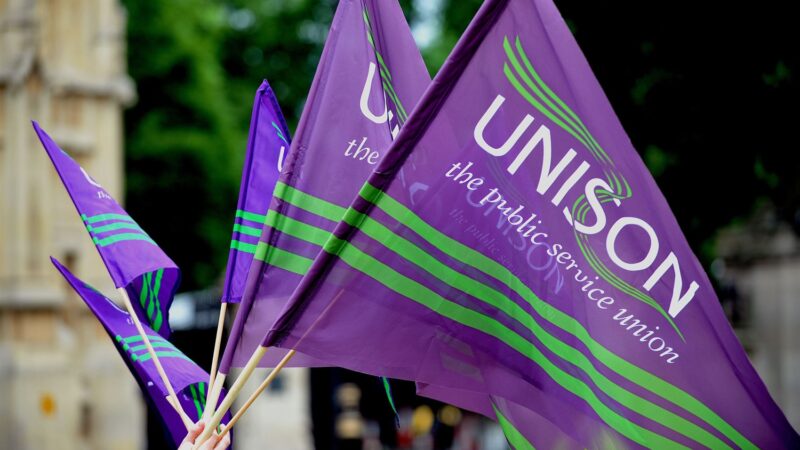
We’ve been waiting for years for a social care green paper. But what we’ve been thrown instead is a grenade: the government’s proposed immigration changes. There is a crisis brewing in social care. This is a fact that few would deny. It is highly skilled work, but low-paid. As a result, it falls foul of the government’s arbitrary immigration salary threshold announced this week. But neither the Home Secretary nor the Prime Minister seem bothered.
The social care sector doesn’t have enough care workers to meet demand – and that’s even when those it has managed to recruit from overseas are taken into account. But with too few staff, some 1.5m elderly and vulnerable people who currently need care are simply going without support.
Left without help to stay in their own homes, the elderly often go to A&E when they don’t really need to, and then stay in hospital far longer than they should because there’s no support for them to return home. None of this helps an already under-pressure NHS.
When asked, care workers say they love their jobs but are less keen on the conditions in which they work. Many also say, unsurprisingly, that they want to leave their jobs. When a new supermarket opens in town, the local care firm often faces an exodus of staff attracted by better hourly rates and much less stressful jobs.
There are currently 122,000 vacancies in England alone. Pay is incredibly low, in many cases illegally so – and the status is poor. There is a huge turnover of staff – 40% in some areas – and this affects the continuity of care so important to the elderly person who may not see another soul all day.
A government response on social care is long overdue. But rather than coming up with solutions to resolve a deepening problem, these new proposals to end so-called ‘low-skilled’ immigration spell disaster for the UK and social care.
Demand for services is rising, not falling, and that will continue to be the case. As our population ages, the UK will require an estimated one million care workers by 2025. Creating barriers to recruitment will lead to real and damaging consequences for everyone in the sector. That’s a high price to pay for talking tough on immigration and ‘taking back control’.
But underneath a dehumanising debate about numbers and points are real people – whether it is migrant workers or the vulnerable who depend on social care. Poor pay, zero-hour contracts, long hours, a lack of training and unrelenting pressures mean working conditions in care are not for the faint-hearted.
In a recent survey of UNISON care workers, 49% said they were thinking of leaving their job. Over half (53%) said they weren’t given enough time to deliver care properly and nearly half (44%) said they could earn more elsewhere. The government has told businesses to ‘adjust’. But the financial problems facing the social care sector were made in Downing Street.
The government should take responsibility for the consequences of its inaction and start to fund social care to the levels needed. Then it could afford to pay care workers more and provide better training. If that happened, care might start to be the attractive care option it isn’t currently. But first and foremost, ministers must ditch these devastating proposals.
UNISON has long been fighting in the courts and in the sector to tackle illegal pay. All eyes will now be on the budget next month to see whether the government is prepared to live up to its responsibilities to the elderly, the vulnerable and the workers who care for them. So far, there has been a resounding silence.




More from LabourList
Government abandons plans to delay 30 local elections in England
‘The cost of living crisis is still Britain’s defining political challenge’
‘Nurses are finally getting the recognition they deserve’